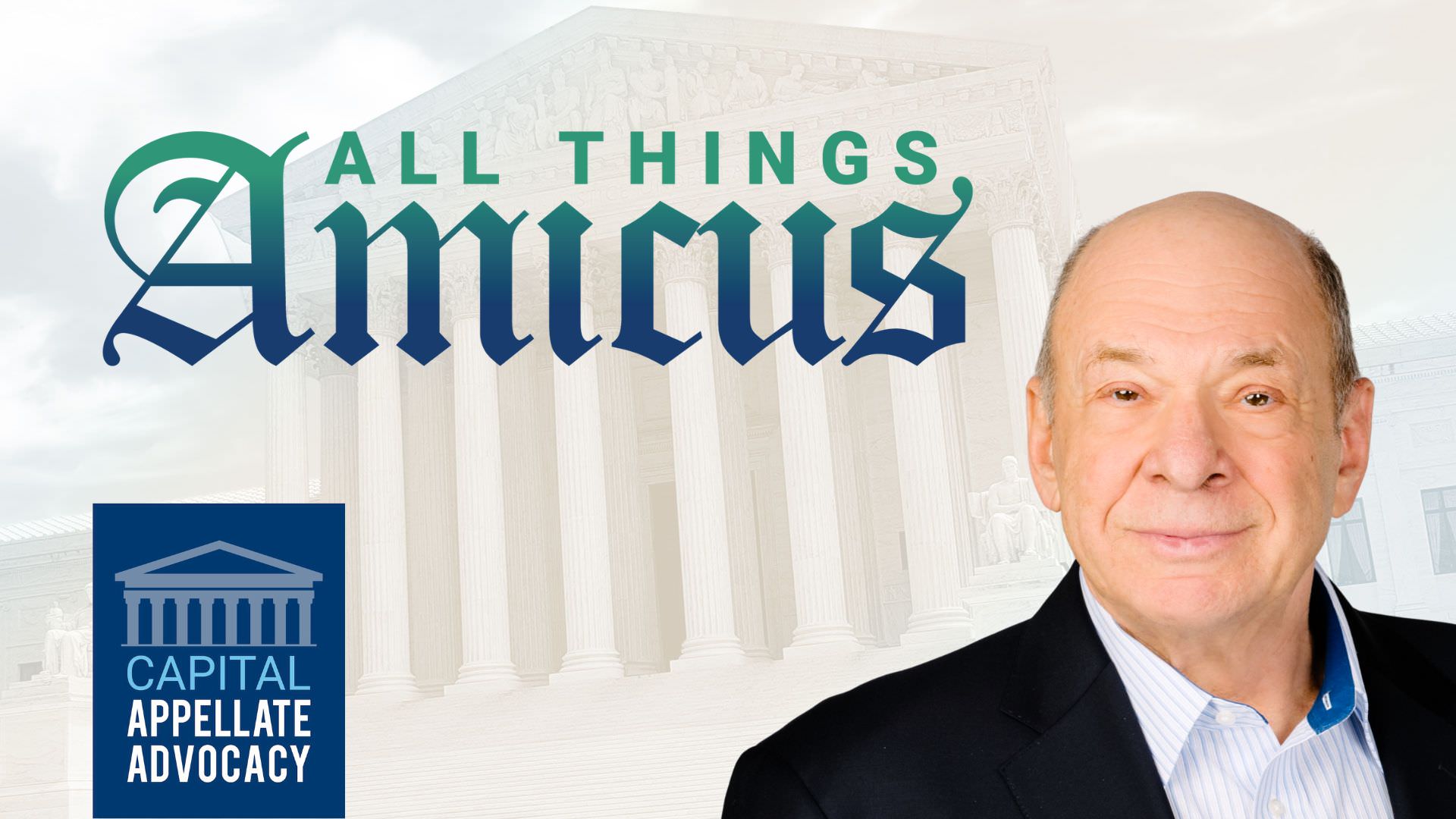The plaintiffs in Changizi v. Department of Health and Human Services allege that the federal government, primarily through the Office of the Surgeon General, has pressured Twitter and other social media to censor them and other individuals who “question the wisdom, efficacy, and morality of government responses to the [COVID-19] pandemic, specifically lockdowns and mask and vaccine mandates.” An Ohio federal district court dismissed the suit on standing and other grounds, and the plaintiffs have appealed to the U.S. Court of Appeals for the Sixth Circuit.
ALF has filed an amicus brief arguing (i) that use of social media to criticize or question the scientific bases for the Executive Branch’s COVID-19 mitigation policies and messaging fosters sound science, and (ii) that the federal government cannot abridge freedom of expression by attempting to accomplish indirectly what the First Amendment prohibits it from doing directly.
Although ALF’s brief urges reversal and aligns with the plaintiffs’ position on the law, that consistency is not intended to endorse the content of their “tweets” or other online statements. For this reason, ALF, as a friend of the court, has filed its brief in support of neither side in the litigation. Instead, the purpose of ALF’s brief is to discuss why the court of appeals, as required by the First Amendment, should protect the public’s right to openly challenge the scientific bases for the government’s COVID-19 mitigation policies and messaging.
ALF’s Amicus Brief
ALF’s amicus brief explains that “[s]tifling public debate—including on Twitter and other social media—about the validity, accuracy, or adequacy of the scientific evidence supporting the federal government’s COVID-19 mitigation policies and messaging may serve political objectives and the administrative state, but it is fundamentally incompatible with, and detrimental to, the manner in which scientific knowledge evolves.” More specifically, scientific knowledge on a particular subject (e.g., the risks and benefits of COVID-19 vaccines) develops over time through research conducted in accordance with the scientific method, which involves postulating and testing hypotheses in order to disprove or refine them. The brief emphasizes the importance of sound scientific research, and supports speech, on the part of the government as well as individuals, that calls for such research.
Online criticism or questioning of the scientific bases for the federal government’s COVID-19 pandemic mitigation policies and messaging is consistent with the scientific method. It should not be labeled as “misinformation” merely because, at a particular point in time, it challenges the government’s frequently shifting policies and messaging—especially if such criticism or questioning is subsequently demonstrated to be correct.
The Surgeon General’s alleged efforts to pressure social media to censor individuals who challenge the government’s pandemic policies and messaging—such as through issuance of a Request for Information strongly encouraging social media to identify the major sources of COVID-19 misinformation on their platforms—conflicts with the way that scientific knowledge evolves and violates the First Amendment right to freedom of speech.

